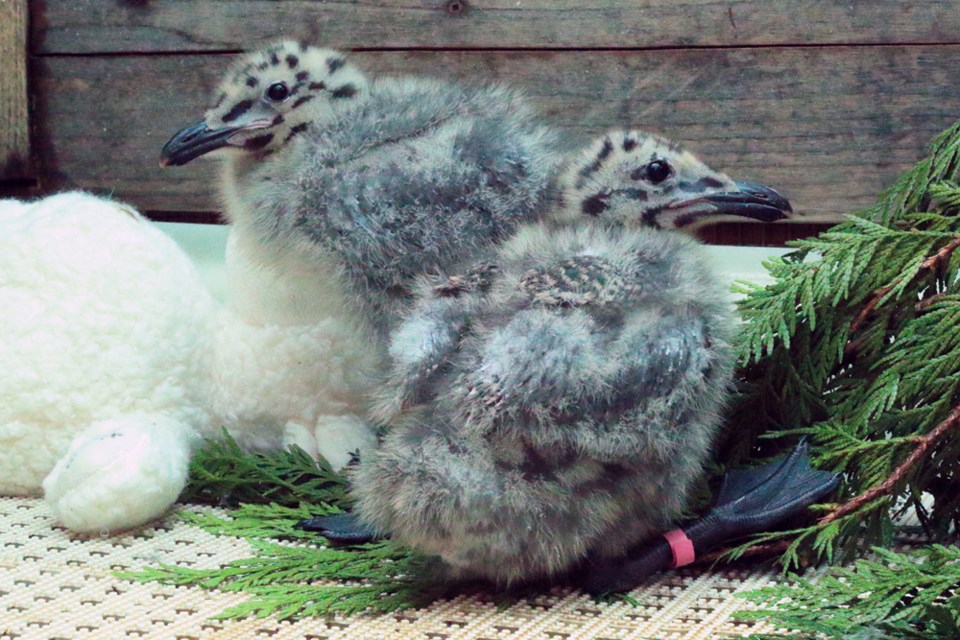Humans aren’t the only ones dealing with dehydration during this week’s heat wave.
The Wildlife Rescue Association of B.C. is asking the public to be vigilant and watch for animals showing signs of distress.
“They can be stumbling around, they can be circling,” wildlife technician Laura Evans tells the NOW. “You’ll also see birds quite frequently panting. Crows, especially, will tend to lie in the sun with their wings outstretched. They’ll fluff out all their feathers and they’ll have their mouths wide open, panting, and that’s in an effort to cool down.”
Other signs of distress include acting slow and lethargic, and staggering. The animal may also not move when approached.
Nestling birds such as gulls, cormorants and songbirds can quickly overheat, adds Evans. They may fledge earlier than normal and take a damaging fall as a result.
She says people who see an animal in distress should herd it to a shady spot. Putting out a water source is also helpful.
“It can be something as simple as a peanut butter lid with a little bit of water for the smaller guys and even going up to kiddy pools for some of the bigger animals like raccoons and crows,” explains Evans. “We always recommend if you’re going to place out a water source, to put some rocks and sticks in, just so if a smaller animal gets trapped in it, then they have a way to get out.”
Bats also dehydrate easily and will most likely be found grounded this week. If a bat is spotted, Evans says don’t touch it as it’s the number 1 rabies carrier in B.C. Call the wildlife helpline at 604-526-7275 instead.
According to Sam Smith, the association’s marketing and communications coordinator, the helpline is receiving at least 100 calls per day. Intake is an average of 20 animals a day.
“Each intake this past week is suffering from some degree of dehydration due to the heat,” he says.



